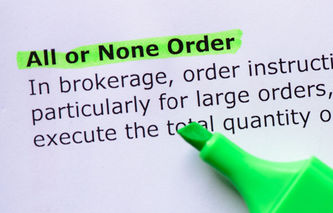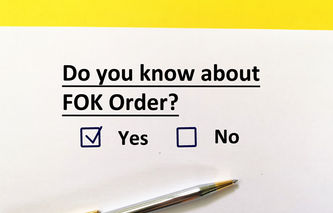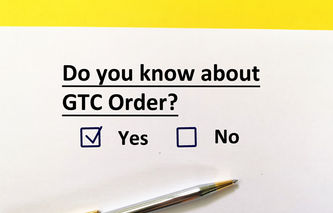Definition
The term Market-if-Touched refers to broker instructions to buy or sell securities when they reach a price specified by the investor. Market-if-Touched is a conditional order that can be used to both buy and sell securities.
Explanation
A Market-if-Touched (MIT) order is one of several contingent orders, which means an event must occur to trigger the order. With a MIT order, a broker will execute a market order to buy or sell shares of stock if the price of the security passes through a specified value.
MIT orders allow traders to take advantage of price movements, and purchase or sell securities without constantly monitoring the market. This is similar to stop orders, with one important difference. While a stop loss order sends instructions to the broker to sell securities if the market price reaches the stop price, a Market-if-Touched order instructs the broker to purchase securities. For example:
MIT Sell Orders: the price specified by the investor / trader would be above the current market price of the stock. If the stock's price increases, and passes through the specified value, then a sell order is triggered.
MIT Buy Order: the price specified by the investor / trader would be below the current market price of the stock. If the stock's price decreases, and passes through the specified value, then a buy order is triggered.
Related Terms











